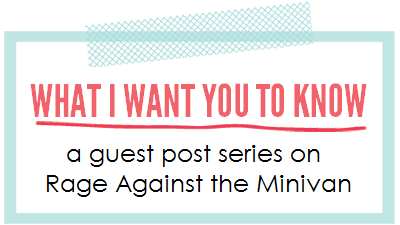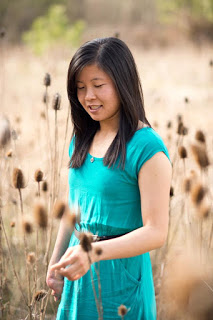I was born in China and adopted as a special needs child when I was 2 years old because my right hand was severely burned while living in China. I don’t have any memories or any answers as to what happened or why. Or even if my hand contributed to why I was abandoned. I grew up hearing and believing that God had allowed this to happen so that I could be adopted into a family that told me about Jesus. And as a child, that seemed simple and easy to believe. But as I’ve grown older, not having answers has grown harder as my questions only seem to multiply.
I have visited China several times since being adopted, mainly as a young adult. In my most recent trip, I spent 4 months at a medical facility for special needs orphans. I helped facilitate mission trips for students that came over and I helped teach preschool to some of the children. For those few months, I lived among 140 children with special needs and I saw myself in their faces. But I struggled with questions of why some kids would be adopted quickly while others would possibly wait forever. I struggled with questions of justice and fairness looking at some of these children and the struggles that their futures held. Some conditions were technically “correctable” and yet others would require life long care and assistance. Categorically, we had all been labeled as “special needs” children, but that seemed too simplistic to address the complexity of what it could potentially mean for a family to take a child in and what it would require of that family to raise that child.
I want you to know that I don’t consider myself as a person with a disability. Yes, there are things I might do differently than you, but I have figured out how to do them. It might take me longer, I might struggle with it, but no, I don’t need your help.
I want you to know that it hurts when you ask me what happened to my hand. Even though I know you are just curious or maybe you’re trying to be friendly. Even though I may smile and shrug it off, I want you to know that it hurts EVERY time. And it doesn’t get easier as I’ve gotten older. It hurts because to me, it means that you can’t see past my hand to who I am as a person. You know, I would never ask you why your eyes might be too close together or why your arms are so long. That’s just who you are. So please don’t ask me about something that is just me.
Sometimes it’s easier to explain to people that I was adopted as a special needs child rather than telling them I have a disability. Because at least with a special need, it is a label given to me by someone else, but it doesn’t define me. I feel that I have the power to overcome a special need, but a disability? I feel like I can’t overcome that. To me, disability carries so many negative connotations, and it makes me feel uncomfortable. Maybe because so many people are uncomfortable with disabilities. So I need your help to change the stereotype of people with disabilities. I don’t want or need your pity. I need you to treat me just like you would treat anyone else. I don’t want you to be afraid of me or to try to make things easier for me, because that makes me feel inadequate. Get outside your little comfort zone and try. Try to befriend me. Try not to stare. Try to maintain eye contact when I shake your right hand with my left hand. Try to see me and interact with me as a person. Because at the end of the day, I am just like you. I just want to be known and loved and accepted for who I am.



This was a wonderful, very insightful post. Thank you!
I am a person with a disability and found this piece thoughtful and insightful. However, I have to say that the distinction between special needs and disability doesn't really resonate with me as laid out here. To me, it might make more sense to think of kids that might outgrow their health condition or have it corrected as special needs, and then those with clear ongoing differences in typical functioning as having disabilities. To me, it seems like the author's main difficulty with the idea of having a disability boils down to fear of stigma, and the appropriate solution to this seems to be more to decrease stigma and claim disability as a positive identity than to try to deny having this particular type of difference from most humans. I also don't personally feel it's possible for me to "overcome" my disability, since it's an integral part of me. Instead, I overcome barriers, stigma, and discrimination…